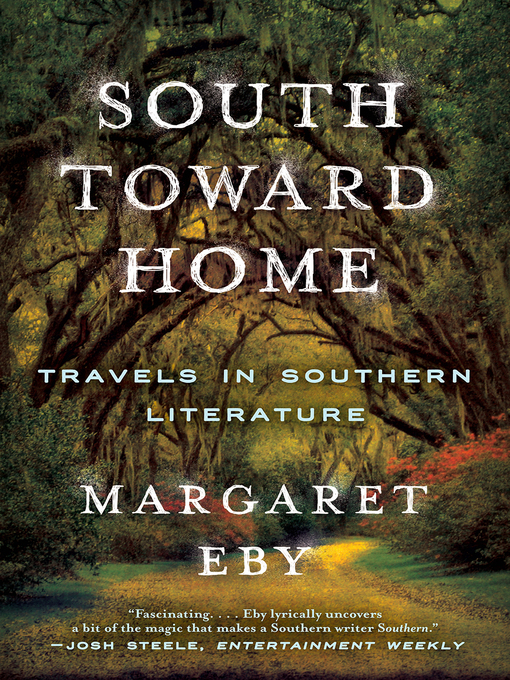"Fascinating...Eby lyrically uncovers a bit of the magic that makes a Southern writer Southern." —Josh Steele, Entertainment Weekly
What is it about the South that has inspired so much of America's greatest literature? And why do we think of the authors it influenced not just as writers, but as Southern writers? In South Toward Home, Margaret Eby goes in search of answers to these questions, visiting the stomping grounds of ten Southern authors, including William Faulkner, Eudora Welty, Richard Wright, Truman Capote, Harper Lee, and Flannery O'Connor. Combining biographical detail with expert criticism, Eby delivers a rich and evocative tribute to the literary South.




